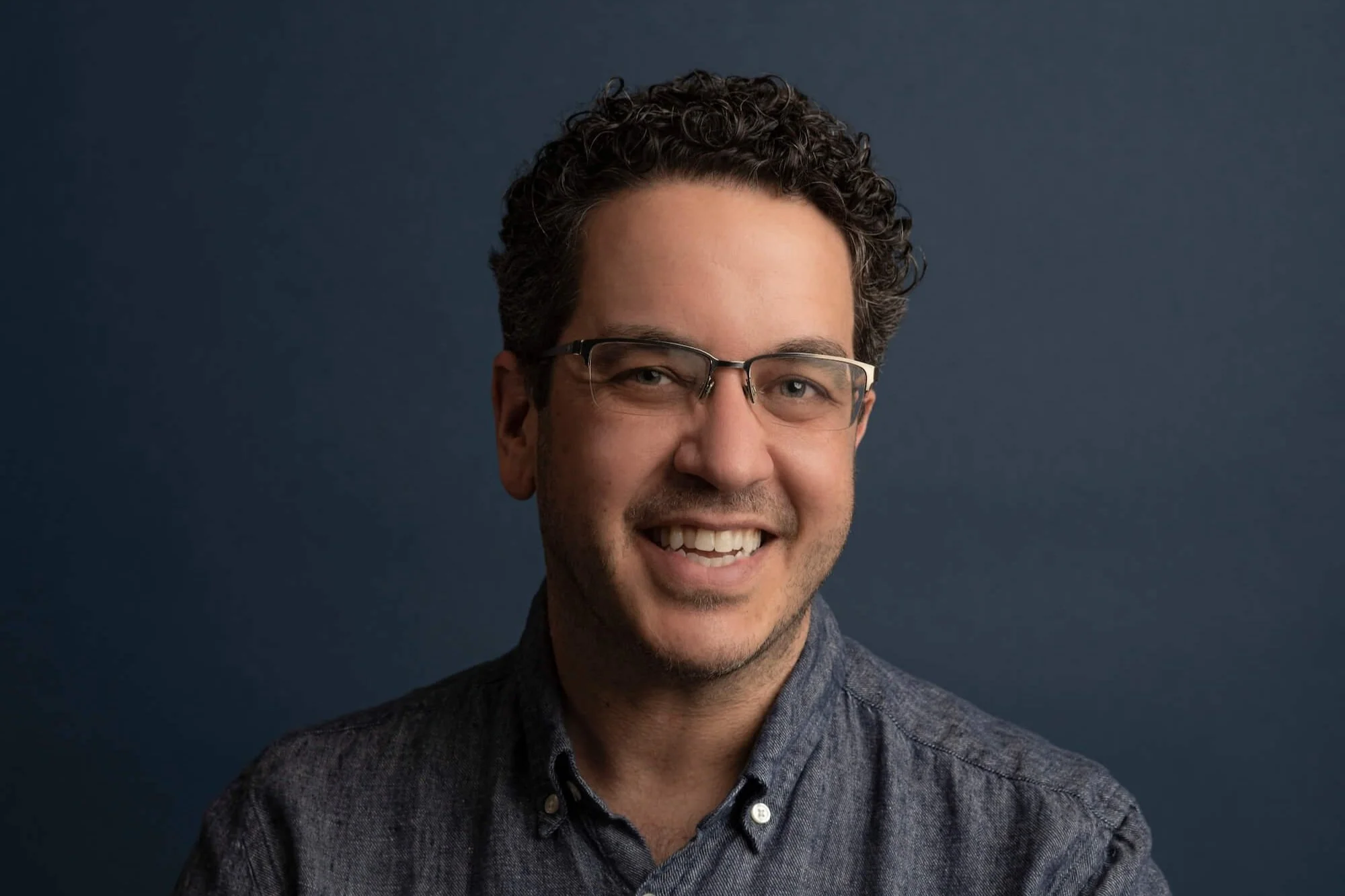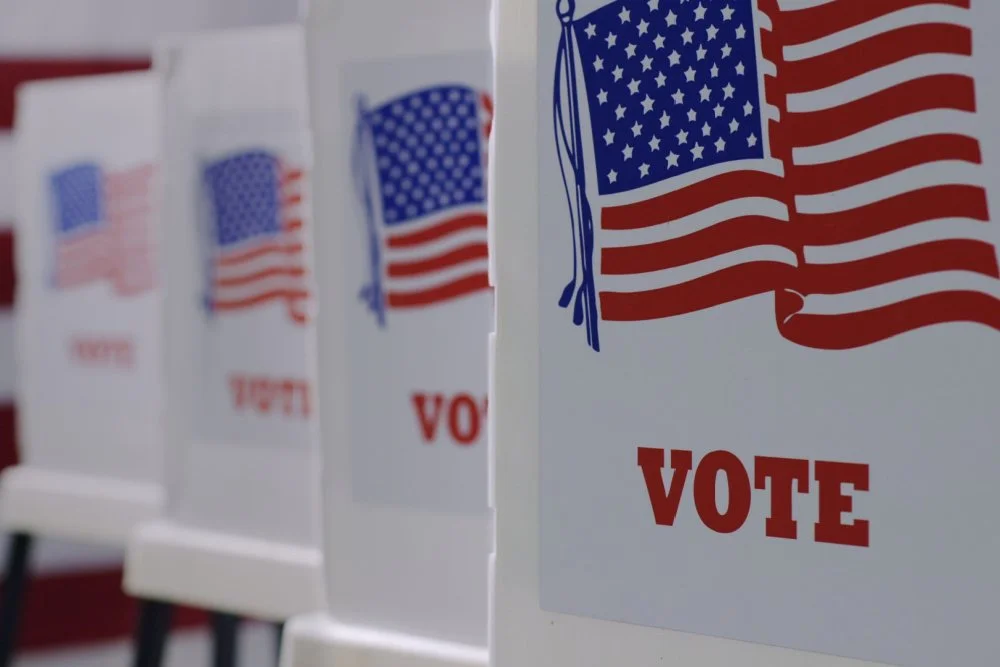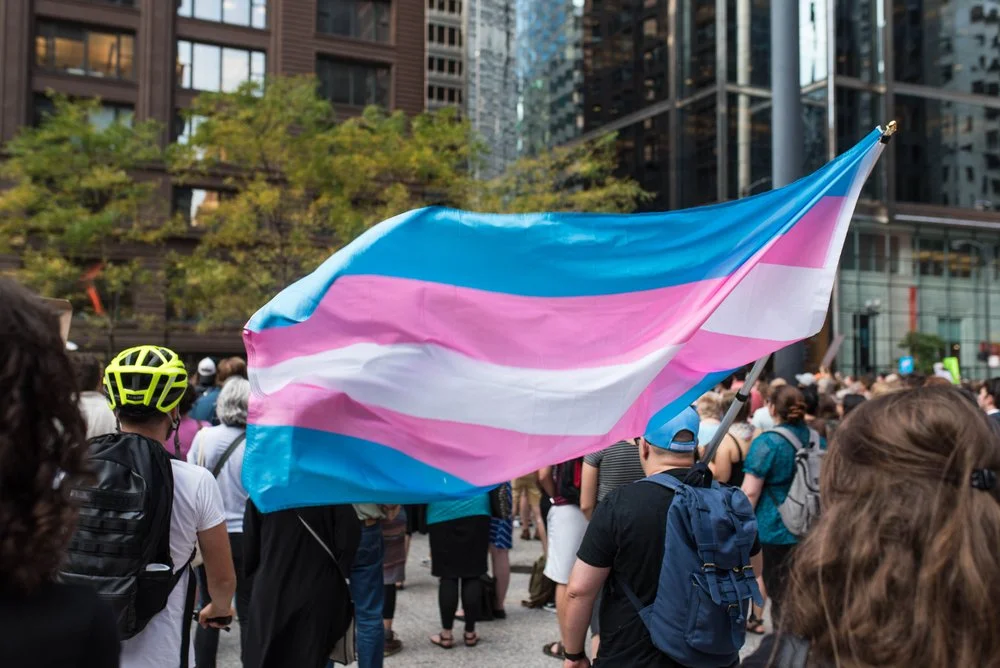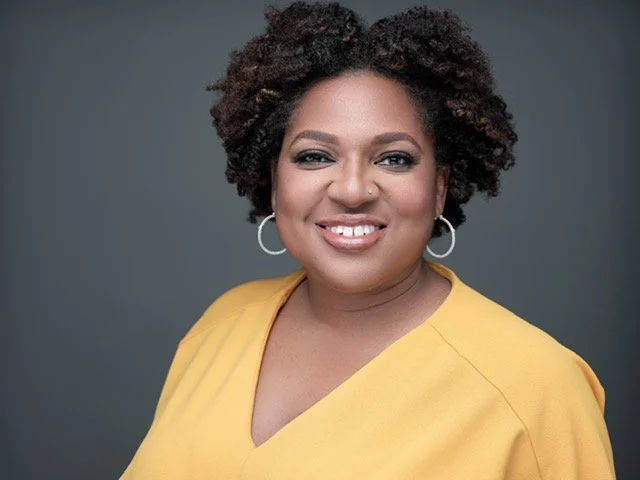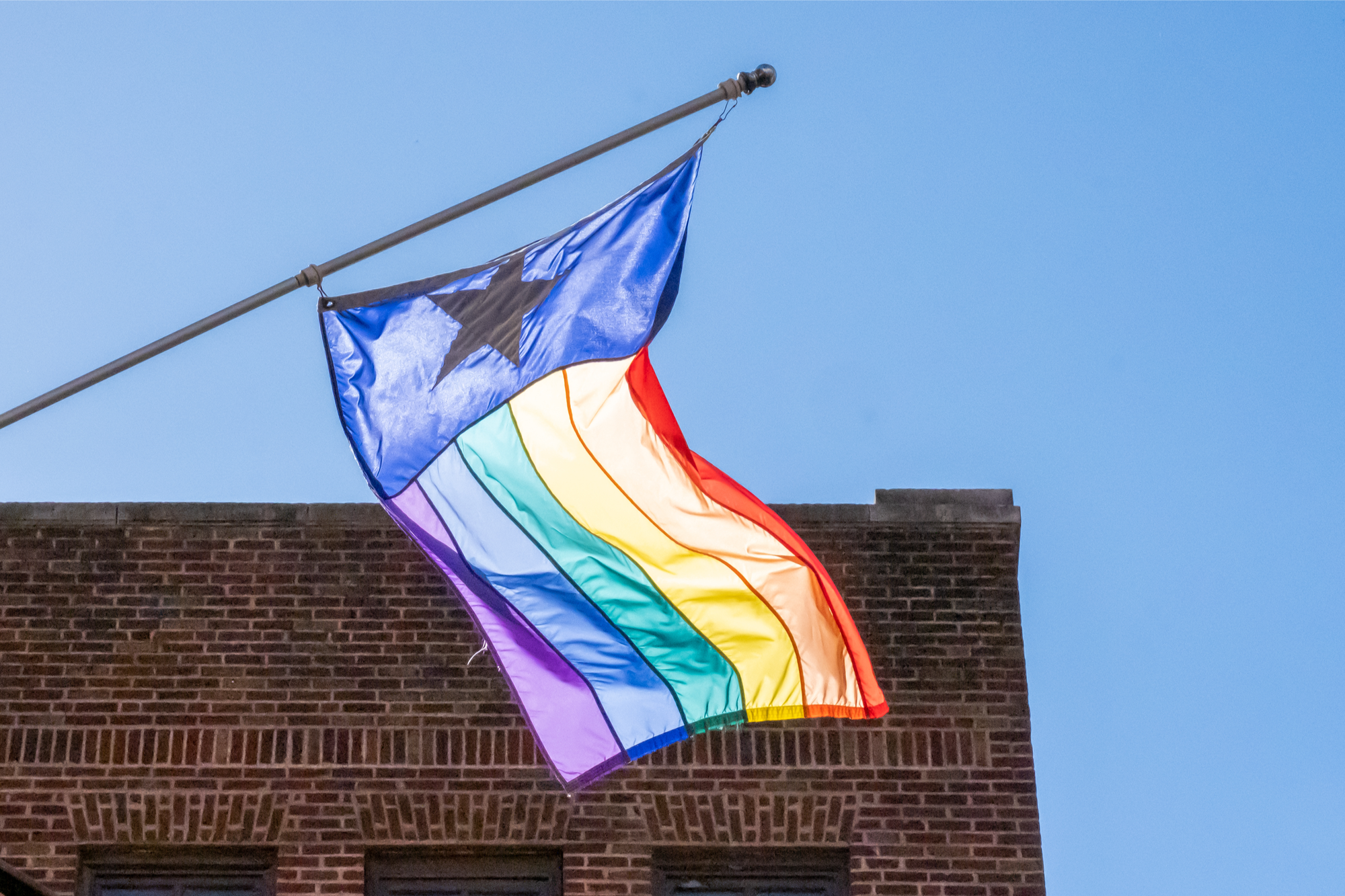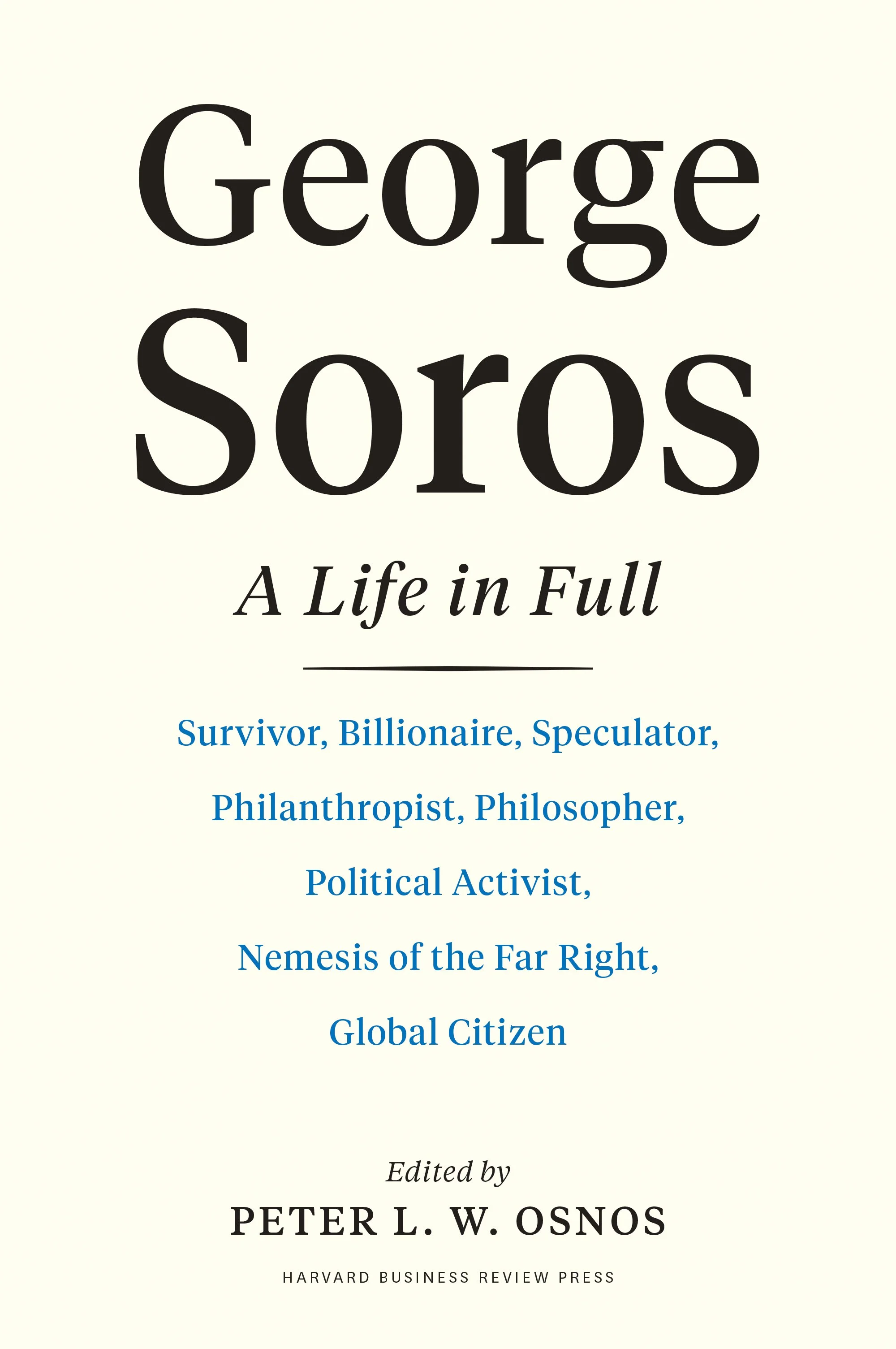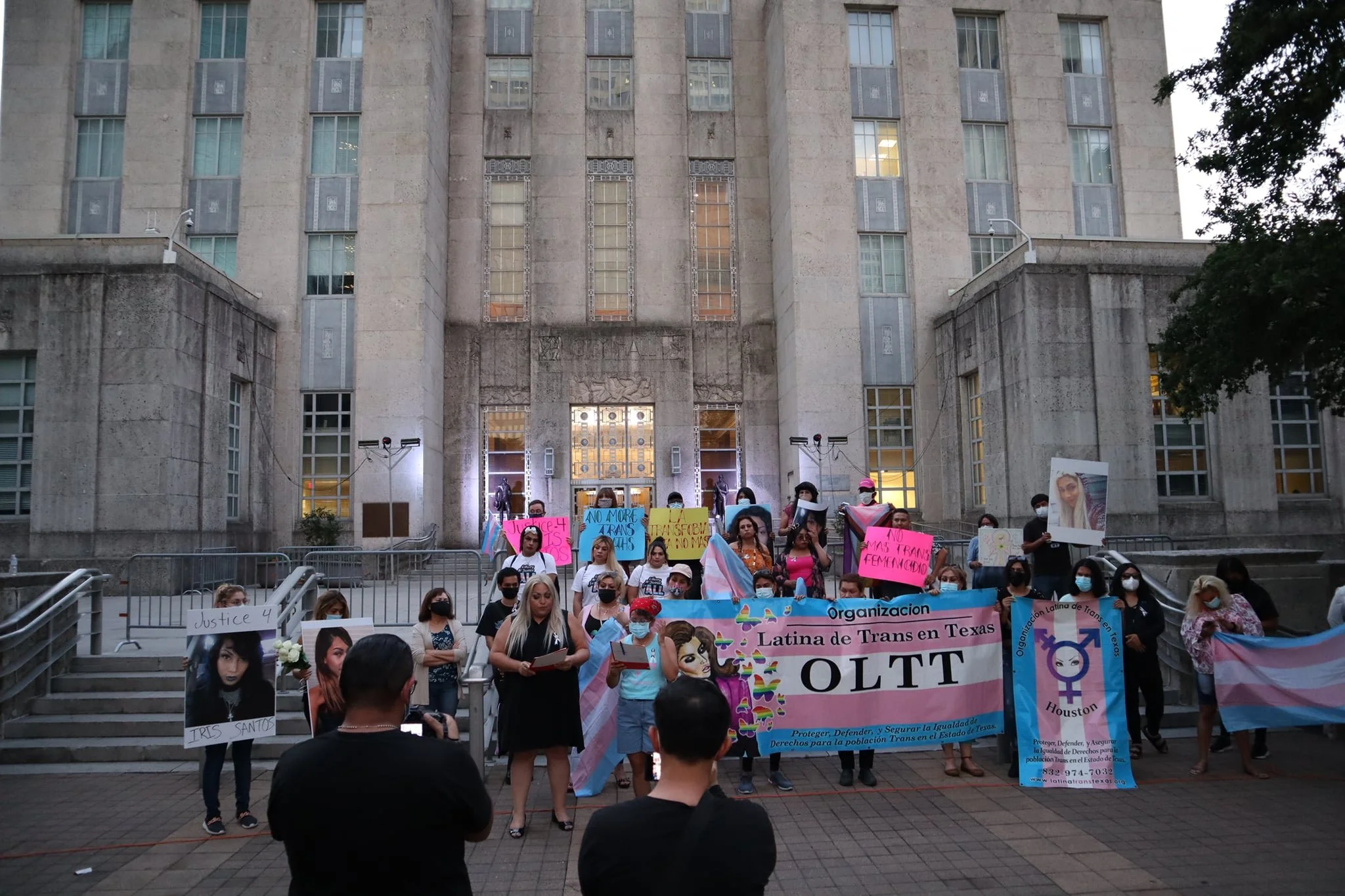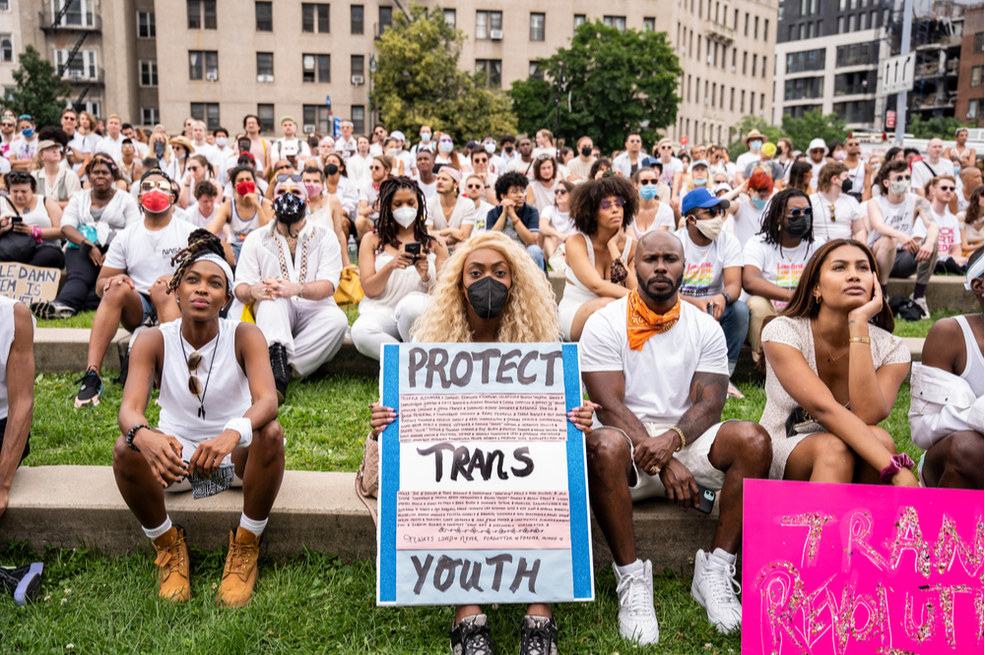Bound for Inclusion: How a New Funder Group Supports Trans Communities
/photo: Justin Starr Photography/shutterstock
When Funders for LGBTQ Issues surveyed the funding landscape for American trans communities a few years back, the results were sobering. Despite the continued marginalization of trans people, who are subject to frequent harassment and discrimination, these issues only received about 0.015 percent of foundation funding in 2013. The good news is that support is rising, albeit from a modest starting point. This uptick is part of broader shifts in LGBTQ philanthropy over the past several years, including a strong, new sense of urgency since the 2016 election.
Like other social justice funders we’ve covered, the organizations that fund trans issues see promise in building their network, forging intersectional ties, and increasing actual trans representation in leadership roles. Those are some of the aims of Grantmakers United for Trans Communities (GUTC), a new initiative under Funders for LGBTQ Issues.
Established in late 2017, GUTC evolved from the Trans Funding Working Group, which convened in 2015 after the above results came to light. Over two years, the working group hashed out a plan to galvanize rising funder interest in a community that’s facing a particularly hostile political climate. The Trump administration seems intent on rolling back any gains trans people made at the federal level during the Obama era, while many state governments are also putting pressure on this community.
GUTC’s goals revolve around capacity building. The aim is to increase the funds available to trans communities—currently only a very small part of overall LGBTQ funding—and push for better coordination among funders already working in this space. In pursuit of its third goal, more trans representation in philanthropy, GUTC recently announced its inaugural cohort of Leadership Development Fellows. Starting this April, the group of seven will receive professional development opportunities, mentoring and peer networking support over the course of a year.
Several of the fellows (but not all of them) come from the core group of funders involved in GUTC. Those funders include a number of organizations and initiatives specifically focused on trans issues, like the Trans Justice Funding Project, Borealis Philanthropy’s Fund for Trans Generations, the International Trans Fund, and the trans health-oriented Jim Collins Foundation.
Other GUTC funders hail from the broader LGBTQ funding world. They include the Arcus Foundation, the Pride Foundation, the Third Wave Fund, the Groundswell Fund, the Wild Geese Foundation, the Wellspring Philanthropic Fund and the Astraea Lesbian Foundation for Justice.
Arcus may well be the largest overall funder of trans work in recent years. In late 2015, as we reported, it teamed up with the NoVo Foundation to launch Global Trans Initiative, committing $15 million to this effort, on top of its other grantmaking in the trans space. Astraea, as we’ve noted, has emerged as a leading funder of the intersex rights movement. While there aren’t many corporate funders on this list, Gilead Sciences also supports GUTC. A major player in the global struggle against HIV and AIDS, Gilead recently dedicated $100 million to fight HIV/AIDS in the American South.
At the helm of GUTC is Alexander Lee, a lawyer who previously founded the Transgender, Gender Variant, and Intersex Justice Project (TGIJP) with support from the Open Society Institute. TGIJP’s work involves legal advocacy for trans, gender variant, and intersex inmates who’ve experienced abuse while incarcerated. A former Soros Justice Fellow, Lee also serves on the board of Borealis Philanthropy.
Lee’s broad goal with GUTC is to shift the culture of philanthropy to better include those it aims to support. We’ve heard similar things from grantmakers like the Groundswell Fund, a GUTC supporter, who stress the importance of having women and transgender people in leadership roles, especially people of color. As Lee noted, regarding the Leadership Development Fellows, “This is only the first of many cohorts to come as we work to to inspire a philanthropic culture that is inclusive and supportive of trans people through grantmaking and decision-making.”
Developing that philanthropic culture may draw in other funders who’ve supported trans work like the NoVo Foundation, the Calamus Foundation, and Jennifer Pritzker.
While funding for trans issues is still a small subset of LGBTQ funding, the wider movement has demonstrated its ability to leverage relatively modest funding for dramatic gains, marriage equality being the prime example. We’ll have to see how the funding community for trans issues can work to counter a federal government and many state legislatures with a very different agenda.
Related:



